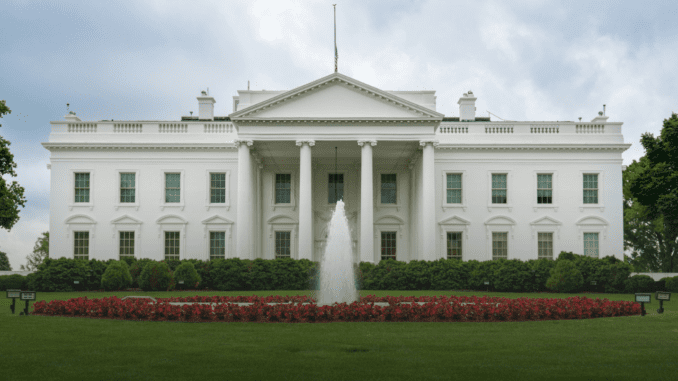
Administration Challenges Claims of Signal App Security Breach
By Oshadhi Gimesha, Lead Journalist | Editor-in-Chief Approved
A Look at the White House Response
The White House has pushed back against claims that war plans were shared in a Signal group chat involving an Atlantic editor before U.S. strikes on Yemen. As of March 24, 2025, the administration’s denial has sparked debate about national security protocols. For U.S. and global observers, the controversy highlights tensions over classified information handling.
Key Points
- Reports claim war plans were shared in a Signal chat on March 15, 2025.
- The White House denied the story on March 24, 2025, calling it inaccurate.
- The incident has raised questions about government communication practices.
A Security Controversy Unfolds
A report surfaced alleging that sensitive war plans were shared in a group chat on the Signal messaging app, just hours before U.S. strikes on the Houthi militia in Yemen on March 15, 2025. The chat reportedly included senior national security officials such as Vice President JD Vance, Secretary of State Marco Rubio, Defense Secretary Pete Hegseth, and National Security Adviser Michael Waltz. Jeffrey Goldberg, the editor-in-chief of The Atlantic, was said to have been mistakenly added to the chat, gaining access to discussions about the Yemen operation for two days leading up to the strikes. However, the White House issued a statement on March 24, 2025, denying the claims and asserting that no classified information was shared in the manner described.
Jeffrey Goldberg is well-known for his sensationalist spin. Here are the facts about his latest story:
— Karoline Leavitt (@PressSec) March 25, 2025
1. No “war plans” were discussed.
2. No classified material was sent to the thread.
3. The White House Counsel’s Office has provided guidance on a number of different…
The White House’s denial has cast doubt on the allegations, with officials arguing that the story misrepresents the administration’s communication practices. The reported use of Signal, a commercial app, for such sensitive discussions would deviate from standard protocols, which require secure government channels for classified information. The administration insists that proper procedures were followed, and no breach occurred that would have compromised the Yemen operation. The controversy has nonetheless fueled scrutiny of how the government handles sensitive data, especially given the high stakes of military actions in the Middle East.
Why This Matters Now
The alleged incident on March 15, 2025, coincided with U.S. military strikes on the Houthi militia in Yemen, a region marked by ongoing conflict. The White House’s denial on March 24, 2025, comes amid heightened concerns about national security, particularly as the administration navigates complex international challenges. If the claims were true, such a breach could have endangered U.S. troops by exposing plans to adversaries, but the White House’s pushback aims to reassure the public that no such risk occurred.
The controversy has sparked broader questions about the use of commercial apps for government communications. Even if the allegations are unfounded, the perception of a potential lapse could undermine trust in the administration’s ability to safeguard classified information. In Canada and the UK, where U.S. military actions influence global stability, this feels like a moment of uncertainty: a confirmed breach would have wider implications. For French and Dutch observers, it’s a concern—U.S. operations in Yemen affect regional dynamics. Germans and Aussies, focused on international security, see stakes: if trust in U.S. protocols wavers, global alliances might face strain by April 1, 2025.
Wins and Losses
The White House gains an opportunity to reinforce its narrative—the denial on March 24, 2025, aims to restore public confidence, potentially strengthening its position by June 1, 2025. National security advocates benefit, as the controversy highlights the need for robust protocols, even if no breach occurred. However, critics of the administration face setbacks—if the denial holds, their calls for accountability might lose momentum. Public trust could suffer if doubts linger, impacting perceptions of U.S. strategy by January 1, 2026.
The broader U.S. government might face challenges if Congress investigates, potentially leading to new oversight measures. In the U.S. and Germany, where security policies shape alliances, this controversy raises a question: Can the administration maintain credibility?
What’s Next for National Security Protocols?
If the White House’s denial is accepted by June 1, 2025, public trust might stabilize—think reinforced protocols by 2026. But if doubts persist, calls for reform could intensify, impacting government operations. For U.S. and global observers, it’s a choice: accept the denial or demand transparency? Canada, France, and others watch closely—global security means shared challenges. News Zier will follow this as the story evolves.
All facts are independently verified, and our reporting is driven by accuracy, transparency, and integrity. Any opinions expressed belong solely to the author. Learn more about our commitment to responsible journalism in our Editorial Policy.




